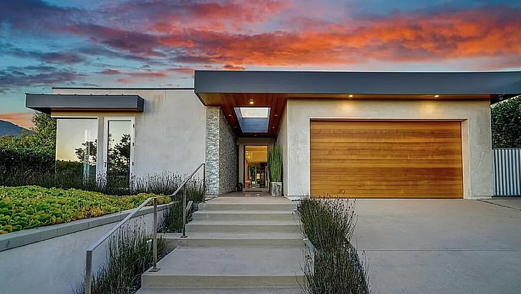Since its implementation one year ago, the so-called ‘mansion tax’ in Los Angeles has severely impacted luxury home sales.
Introduced in April 2023, the policy imposed a four percent tax on property sales ranging from $5 million to $10 million, with proceeds allocated to homeless programs. However, after a year, the Measure ULA initiative has witnessed a staggering 68 percent drop in luxury home sales, while achieving only 22 percent of its intended revenue goal.
Data from the Los Angeles Times indicates a significant decline in single-family home sales, with 366 sold in the 12 months preceding April 2023, compared to 166 in the subsequent year.
Local real estate developer Hooman Ghaffari criticized the policy, labeling it ‘a sham’ for failing to meet its objectives and rendering new developments financially unviable.
Despite generating $215 million in revenue for the city’s Housing Department over the past year, the tax fell far short of the projected $900 million. City officials defended the policy, citing a gradual increase in revenue over the first year.
In addition to the four percent tax on properties exceeding $5 million, mega mansions surpassing the $10 million threshold incur a 5.5 percent deduction from their sale price upon transaction.
Properties listed in the ‘mansion tax’ bracket reflect the impact, with notable price reductions. For instance, a mansion in Tarzana dropped from $17.9 million to $15 million, while a property in Encino decreased from $12.9 million to just over $11.9 million.
Despite these reductions, some properties remain unsold for extended periods. Drone footage showcases the features of these homes, emphasizing their luxury amenities and scenic surroundings.
Greg Good, a senior advisor in the Housing Department, defended the tax, highlighting its increasing revenue generation, which facilitated aid for distressed tenants, landlords, and expedited affordable housing development.
Los Angeles Mayor Karen Bass initially championed the policy as a means to fund solutions for housing affordability and homelessness. However, its impact has spurred wealthy homeowners to expedite sales before its implementation, resulting in slashed prices and incentives.
The policy also prompted the emergence of homes priced just below the $5 million threshold.
